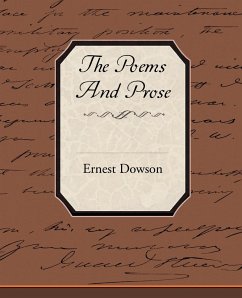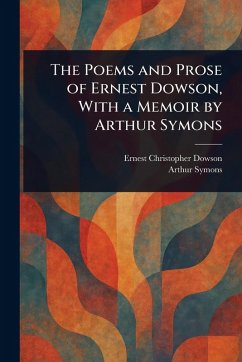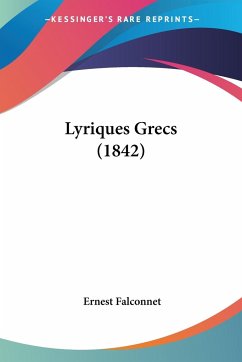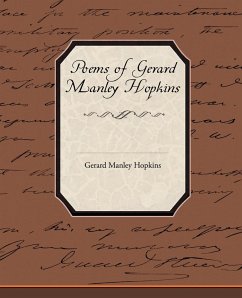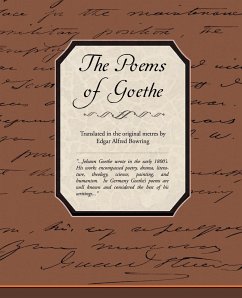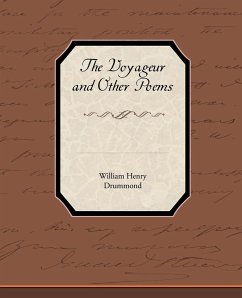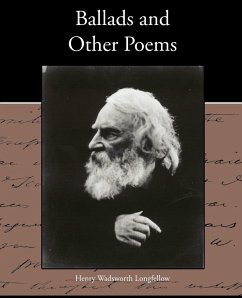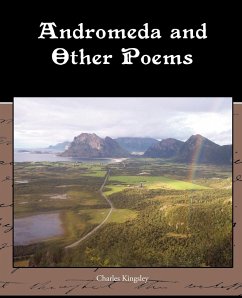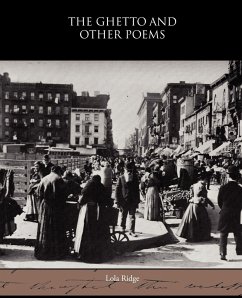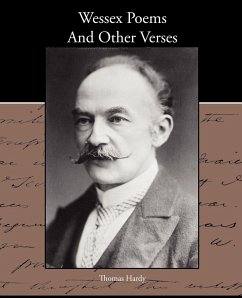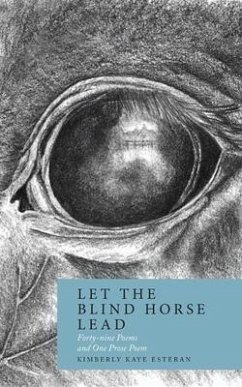Ernest Dowson
Broschiertes Buch
The Poems and Prose of Ernest Dowson
Versandkostenfrei!
Versandfertig in 1-2 Wochen
Weitere Ausgaben:

PAYBACK Punkte
10 °P sammeln!




The Poems and Prose of Ernest Dowson
Ernest Christopher Dowson (1867 - 1900) was an English poet, novelist and short-story writer, often associated with the Decadent movement. Ernest Dowson was born in Lee, London, in 1867. His great-uncle was Alfred Domett, a poet and politician who became Premier of New Zealand and had allegedly been the subject of Robert Browning's poem "Waring." Dowson attended The Queen's College, Oxford, but left in March 1888 before obtaining a degree. Dowson led an active social life, carousing with medical students and law pupils, going to music halls and taking the performers to dinner. He was also working assiduously at his writing during this time. He was a member of the Rhymers' Club, which included W. B. Yeats and Lionel Johnson. He was a contributor to such literary magazines as The Yellow Book and The Savoy. Dowson collaborated on two unsuccessful novels with Arthur Moore, worked on a novel of his own, Madame de Viole, and wrote reviews for The Critic. Later in his career, Dowson was a prolific translator of French fiction, including novels by Balzac and the Goncourt brothers, and Les Liaisons dangereuses by Choderlos de Laclos. In 1899, Robert Sherard found Dowson almost penniless in a wine bar and took him back to the cottage in Catford, where Sherard was living. Dowson spent the last six weeks of his life at Sherard's cottage where he died at age 32. He had become a Catholic in 1892 and was interred in the Roman Catholic section of nearby Brockley and Ladywell Cemeteries. After Dowson's death, Oscar Wilde wrote: "Poor wounded wonderful fellow that he was, a tragic reproduction of all tragic poetry, like a symbol, or a scene. I hope bay leaves will be laid on his tomb and rue and myrtle too for he knew what love was."
Produktdetails
- Verlag: Book Jungle
- Seitenzahl: 200
- Erscheinungstermin: 8. Mai 2008
- Englisch
- Abmessung: 235mm x 191mm x 12mm
- Gewicht: 384g
- ISBN-13: 9781605976945
- ISBN-10: 1605976946
- Artikelnr.: 23866919
Herstellerkennzeichnung
Libri GmbH
Europaallee 1
36244 Bad Hersfeld
gpsr@libri.de
Für dieses Produkt wurde noch keine Bewertung abgegeben. Wir würden uns sehr freuen, wenn du die erste Bewertung schreibst!
Eine Bewertung schreiben
Eine Bewertung schreiben
Andere Kunden interessierten sich für




